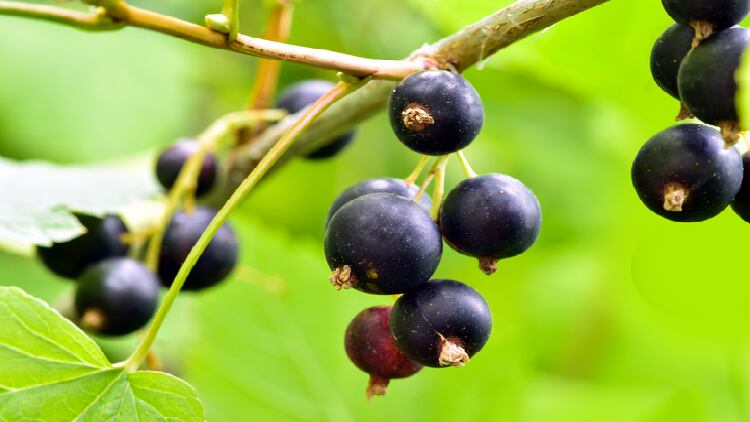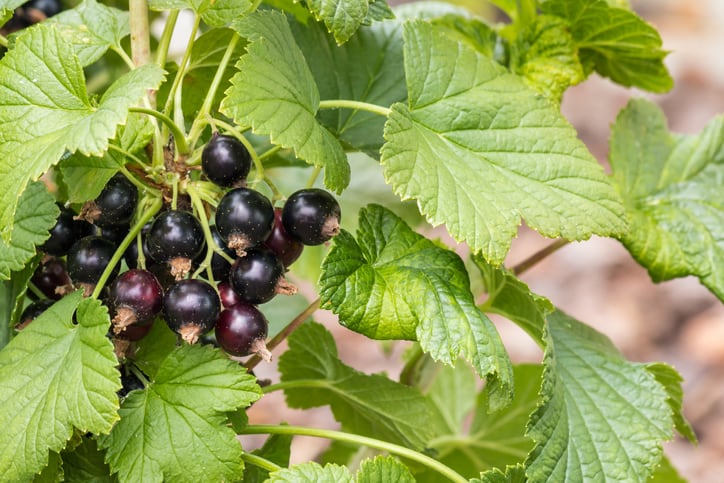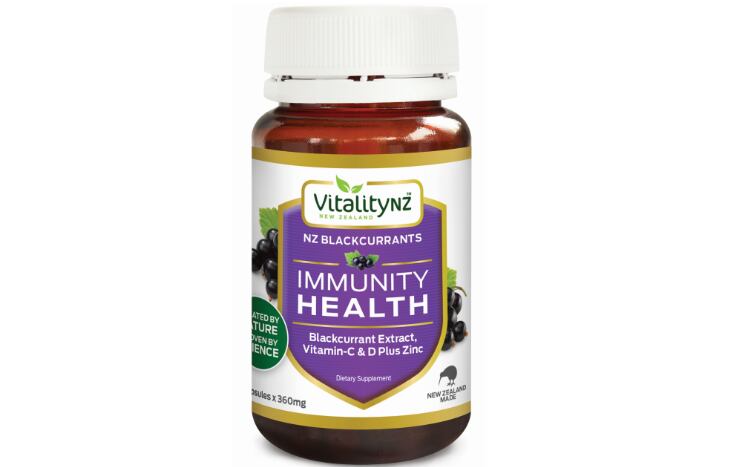The pilot trial conducted by researchers from the University of Auckland and New Zealand Brain Research Institute, is said to have provided the first clinical evidence for oral availability and effective central uptake of cGP.
Found abundantly in blackcurrants anthocyanins, cGP is a metabolite of insulin-like growth factor-1 (IGF-1) – a neurotrophic factor critical for cognitive function and slowing the ageing process.
However, the level of IGF-1 decreases along with age.
The researchers said that the level of cGP, as well as the cGP/IGF-1 ratio, were lower in PD patients with mild cognitive impairment than PD patients with normal cognitive function.
To find out if cGP could be effectively absorbed via supplement intake, blackcurrant anthocyanins concentrate capsules supplied by Vitality New Zealand were used in this study.
As a pilot study, the trial only recruited 11 PD patients. During the trial, they took the 300mg capsules containing 35% of anthocyanins twice daily.
To measure the change in cGP level, their plasma and cerebrospinal fluid (CSF) were collected before and after the four-week supplementation.
Findings showed that the CSF concentration of cGP had increased post supplementation from 7.27 ± 0.67ng/mL to 12.12 ± 0.94 ng/mL, with a mean percentage increase of 74.36%.
This was also a statistically significant result as the p-value was smaller than 0.01.
The CSF concentration of cGP also correlated with the plasma concentration of cGP.
This showed that cGP could be effectively absorbed by the body via supplementation, the researchers said, adding that in vivo studies have showed that cGP could cross the blood-brain barrier (BBB).
“The supplementation of the BCA led to an increase of CSF cGP in PD patients, suggesting oral availability and effective brain uptake of cGP.
“The cGP concentrations were correlated between the CSF and plasma, suggesting the plasma cGP may be the potential source,” the researchers explained.
Future studies
Due to its small sample size, the researchers said that the results should be interpreted with caution.
Moving forward, clinical trials with larger sample size were recommended.
“Given the well-characterized function and mechanisms of cGP in brain protection, the supplementation of the BCA may be further developed for treating neurological conditions through a larger clinical trial,” they concluded.
Source: Nutrients
Supplementation of Blackcurrant Anthocyanins Increased Cyclic Glycine-Proline in the Cerebrospinal Fluid of Parkinson Patients: Potential Treatment to Improve Insulin-Like Growth Factor-1 Function
DOI:10.3390/nu10060714
Authors: Dawei Fan and et al





